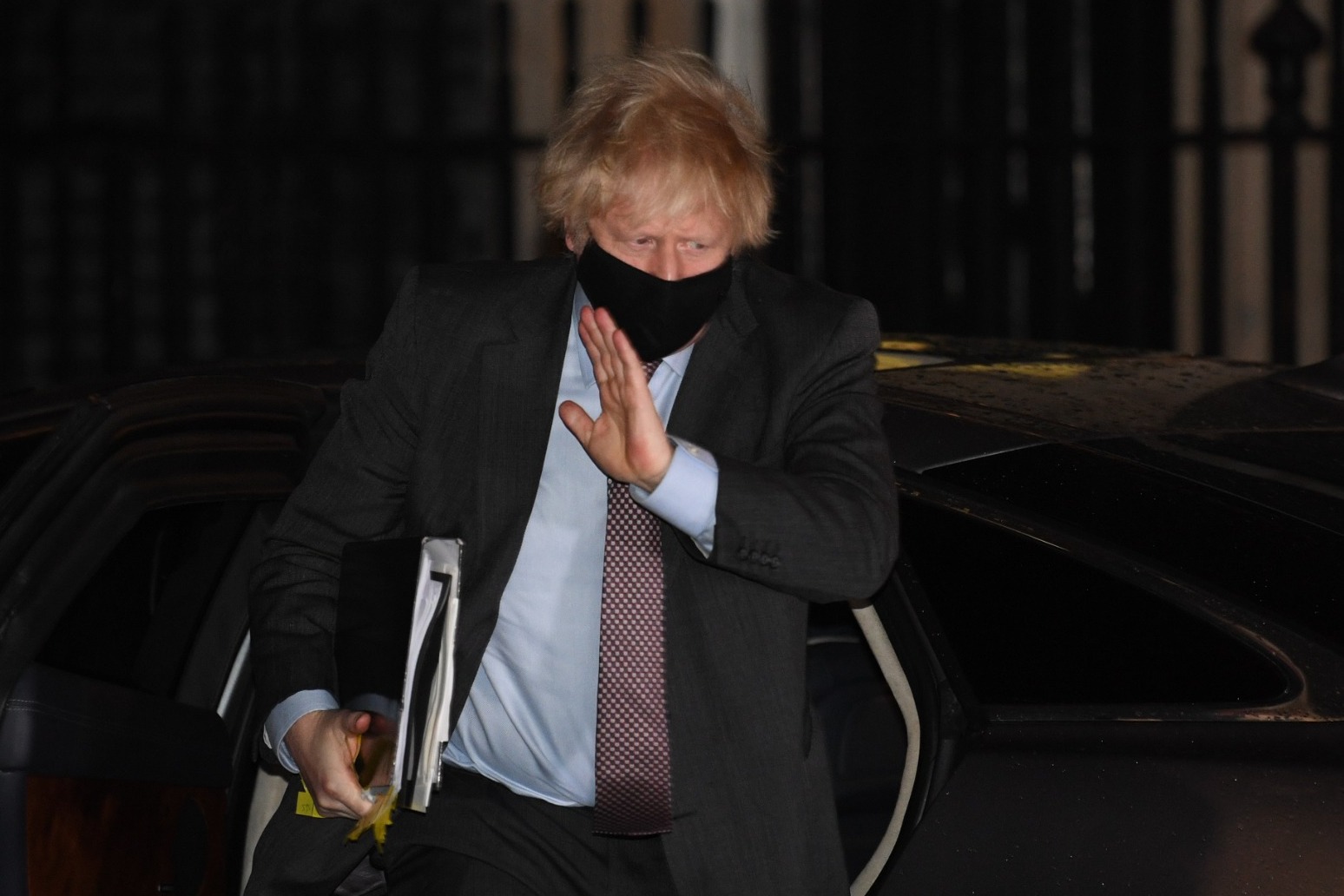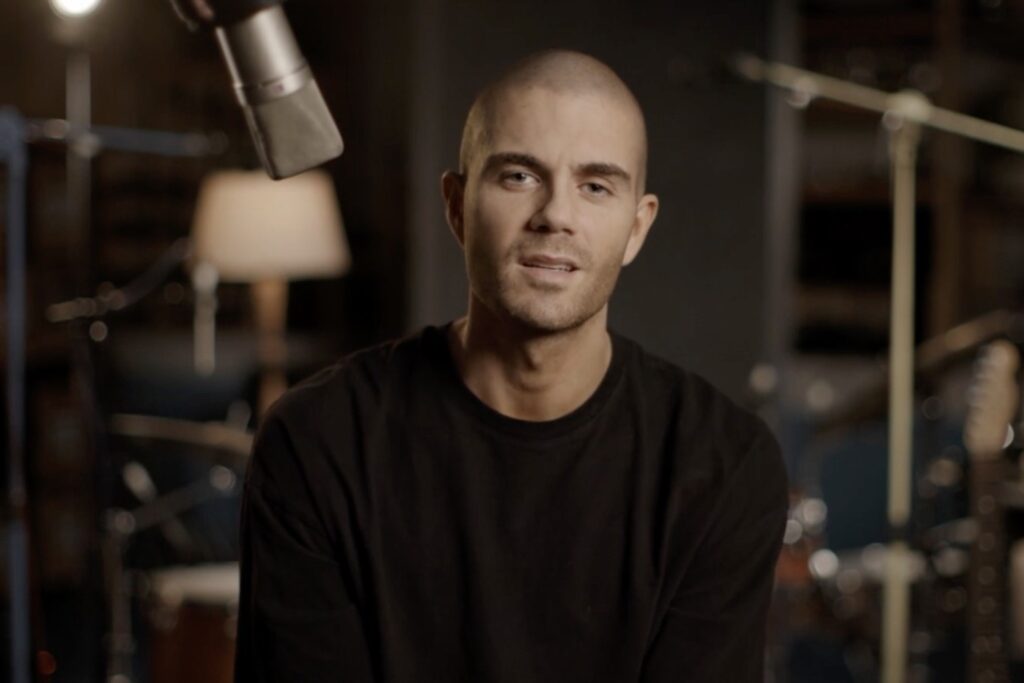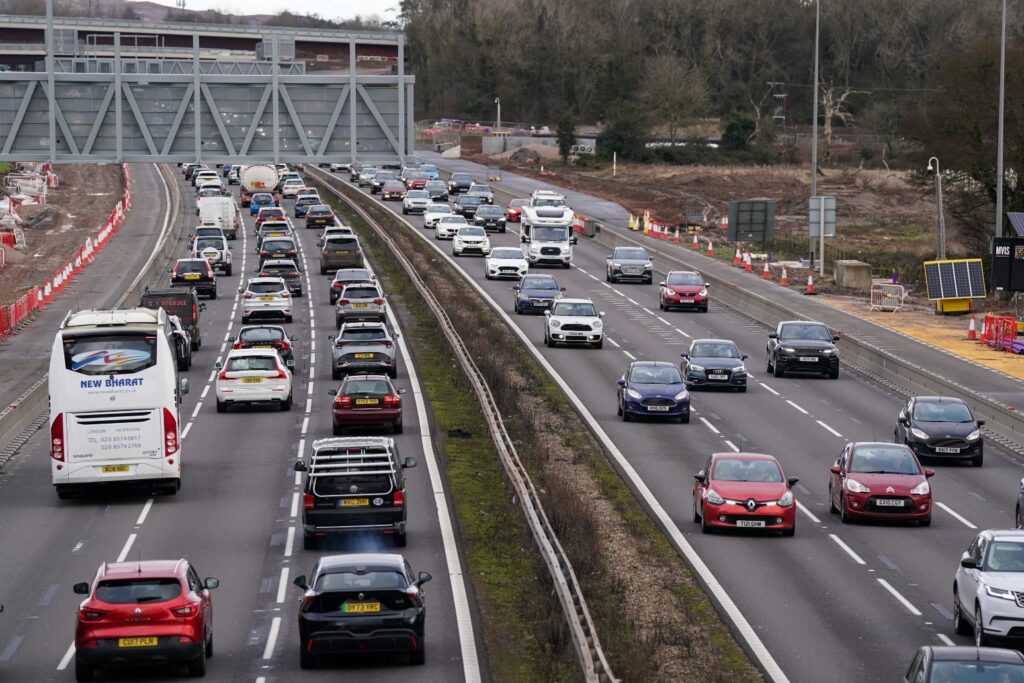This website uses cookies so that we can provide you with the best user experience possible. Cookie information is stored in your browser and performs functions such as recognising you when you return to our website and helping our team to understand which sections of the website you find most interesting and useful.
Boris Johnson promised the end really is in sight as he set out a plan to ease Englands lockdown by June 21
22/02/2021

Boris Johnson promised “the end really is in sight” as he set out a plan to ease England’s lockdown by June 21.
The Prime Minister told MPs the approach was “cautious but also irreversible”, with the impact of the vaccination programme replacing the need for lockdown measures.
The four-step plan would mean a “wretched year” can “give way to a spring and a summer that will be very different and incomparably better”.
The Prime Minister acknowledged that scientific modelling suggested that lifting lockdown measures would increase Covid-19 cases and ultimately deaths but insisted the restrictions could not continue indefinitely.
The Government also launched a review looking at the use of “Covid status” certificates which could be used by people to demonstrate they had received a jab or a negative coronavirus test in order to enter venues, or allow firms to reduce restrictions as a result of the status of their customers.
In the first step of the road map, all pupils in England’s schools are expected to return to class from March 8, with wider use of face masks and testing in secondaries.
Socialising in parks and public spaces with one other person will also be permitted from that date.
A further easing of restrictions will take place on March 29 when the school Easter holidays begin with larger groups of up to six people or two households allowed to gather in parks and gardens.
Other measures include:
– From April 12 at the earliest: shops, hairdressers, nail salons, libraries, outdoor attractions and outdoor hospitality venues such as beer gardens will reopen.
– From May 17 at the earliest, two households or groups of up to six people will be allowed to mix indoors and crowds of up to 10,000 in the largest venues will be allowed at performances and sporting events.
– Friends and family could finally be allowed to hug each other again, with the road map promising that advice on social distancing will be updated “as soon as possible” and no later than step three.
– From June 21 at the earliest, all remaining restrictions on social contact could be lifted, larger events can go ahead and nightclubs could finally reopen.
Making a statement in the Commons, the Prime Minister acknowledged “the threat remains substantial” with the numbers in hospital only now beginning to fall below the peak of the first wave in April.
Modelling by the Sage scientific advisory panel showed “we cannot escape the fact that lifting lockdown will result in more cases, more hospitalisations and sadly more deaths”.
But there is “no credible route to a zero Covid Britain, or indeed, a zero Covid world and we cannot persist indefinitely with restrictions that debilitate our economy, our physical and mental wellbeing and the life chances of our children”.
The Prime Minister said his approach would be driven by “data not dates”, with the five-week gap between stages allowing time for the impact on infections to be determined and for companies to get ready.
Progress on the next steps out of lockdown will depend on meeting four tests: the success of the vaccine rollout, evidence of vaccine efficacy, an assessment of new variants, and keeping infection rates below a level that could put unsustainable pressure on the NHS.
Alongside the four-step plan, the Prime Minister launched a series of reviews, including on the Covid status certificates.
Officials acknowledged that there are moral and ethical questions as well as practical ones for any such move.
International travel rules will also be reviewed, with May 17 targeted as the earliest possible date for a foreign holiday.
A further piece of work to conclude by June 21 will examine social distancing requirements, the use of face masks and requirements to work from home.
A series of pilot events will also be held from April using enhanced testing and other measures to examine how larger crowds could be allowed to attend sporting events or performances.
The road map will be put to a Commons vote before the House rises for Easter in late March.
The road map depends upon the success of the vaccine programme and Mr Johnson hailed data from Public Health England which showed a single shot of the Pfizer vaccine cuts the chance of hospital admission and death from Covid-19 by more than 75% among the over-80s.
The continued restrictions on some businesses will lead to an extension in taxpayer-funded support schemes, the Prime Minister indicated.
“We will not pull the rug out,” he said.
Chancellor Rishi Sunak is under pressure to extend measures such as the furlough scheme, which is due to expire at the end of April, when he delivers his Budget on March 3.
Confederation of British Industry director-general Tony Danker said: “The Budget is the second half of this announcement extending business support in parallel to restrictions will give firms a bridge to the other side.”
Labour leader Sir Keir Starmer said the Prime Minister should listen to his scientific advisers and not Tory lockdown-sceptics when deciding on the next steps.
“If he does not, we will waste all the sacrifices of the last 12 months,” he warned.
Mark Harper, leader of the Covid Recovery Group of lockdown-sceptic Tories, again questioned why restrictions needed to continue beyond the end of April, when the nine top priority groups will have been offered protection by a vaccine.
Mr Johnson told him a “significant minority” would have refused a vaccine or not been given sufficient protection, which could allow the disease to “rip through those groups”.
While all pupils will return to England’s schools on March 8, in Scotland and Wales the phased return of children to classes began on Monday.
Scotland’s First Minister Nicola Sturgeon will set out her plan to exit lockdown on Tuesday, while Welsh counterpart Mark Drakeford has suggested stay-at-home orders could be eased in around three weeks.
In Northern Ireland, First Minister Arlene Foster has promised a “decision-making framework” on how the executive plans to exit lockdown will be published on March 1.
Published: by Radio NewsHub



